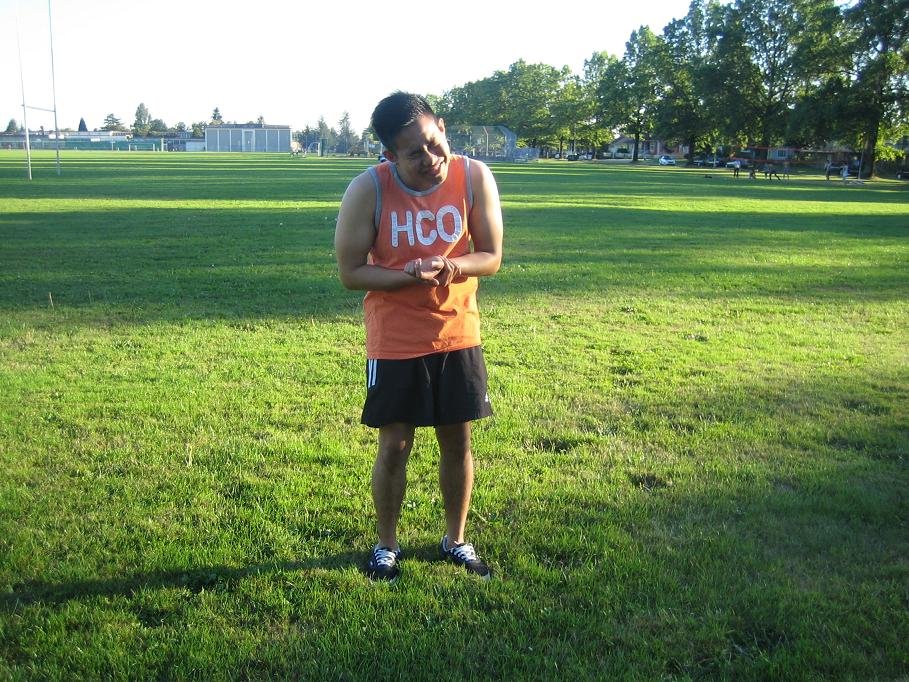Shaking is an involuntary rhythmic contraction and relaxation of muscles that involves twitching movements that usually affect the hands, arms, eyes, face and trunk. Most shaking is common in the hands and sometimes it can be symptoms of another neurological disorder.
Generally, there are many reasons why the body is shaking. It can due to nervousness, hunger, excess intake of caffeine or a result of a medical condition.
Causes of shaking
- Brain tumors
- Genetic causes
Tingling or numbness in different areas of the body. - Certain medications
- Low blood sugar
- Muscle fatigue
- Aging
- Drug abuse
- Multiple sclerosis
- Movement disorder or dystonia
- Stress or anxiety
- Psychological disorders
Symptoms
- Difficulty gripping an object
- Rhythmic shaking of the arms, legs, hands, trunk and vocal cords
- Inability to write or feed oneself
- Frequent urination
- Tingling or numbness in different areas of the body
- Lack of coordination
- Bad posture
- Shaking occasionally or regularly
- Cannot understand what is being said
- Difficulty walking
- Slurred speech
- Loss of vision or disturbances
Treatment
- At first, excessive adrenaline causes the body to shake usually in the hands and legs. If shaking is due to nervousness or fear, take a deep breath. Performing deep breathing stimulates the parasympathetic nervous system which is linked to sleep and relaxation. In addition, deep breathing puts the body in a relaxed state. Take long, deep breaths via the nose for a few seconds and exhale via the mouth. Another option is deep breathing by reclining or lying down.
- Perform relaxation techniques such as yoga and meditation to stop shaking by lessening the stress and anxiety. Being stressed as well as anxiety can worsen the condition.
- Massage the body regularly to lessen the shaking due to essential tremor which is a condition that causes the legs, arms and head to shake all the time.
- Get plenty of sleep at least 8-9 hours for teenagers and 7-9 hours for adults.
- If the body is shaking and due to a condition, such as low blood sugar, eat or drink something with sugar as soon as possible. It requires immediate treatment to prevent complications such as fainting, confusion and seizures. Another option is take a sandwich or cracker if the next meal is more than 30 minutes away.
- Drink decaffeinated coffee in the morning. Drink caffeine-free cola to prevent shaking. Avoid drinking caffeinated beverages in the afternoon. Drink tea instead of coffee.
- Avoid smoking. Nicotine in cigarette is a stimulant that causes hand shaking due to smoking.
- Avoid excessive drinking of alcohol.
- Consult a physical therapist for some rehabilitation exercises to lessen the shaking, improve coordination and control of the muscles. Generally, this might require the use of weights, wearing splints and special plates and utensils for eating.
FACT CHECK
https://www.medicalnewstoday.com/articles/322195.php
https://www.healthline.com/health/treating-shaking-hands
https://www.medicinenet.com/shaking_hands_hand_tremors/symptoms.htm

